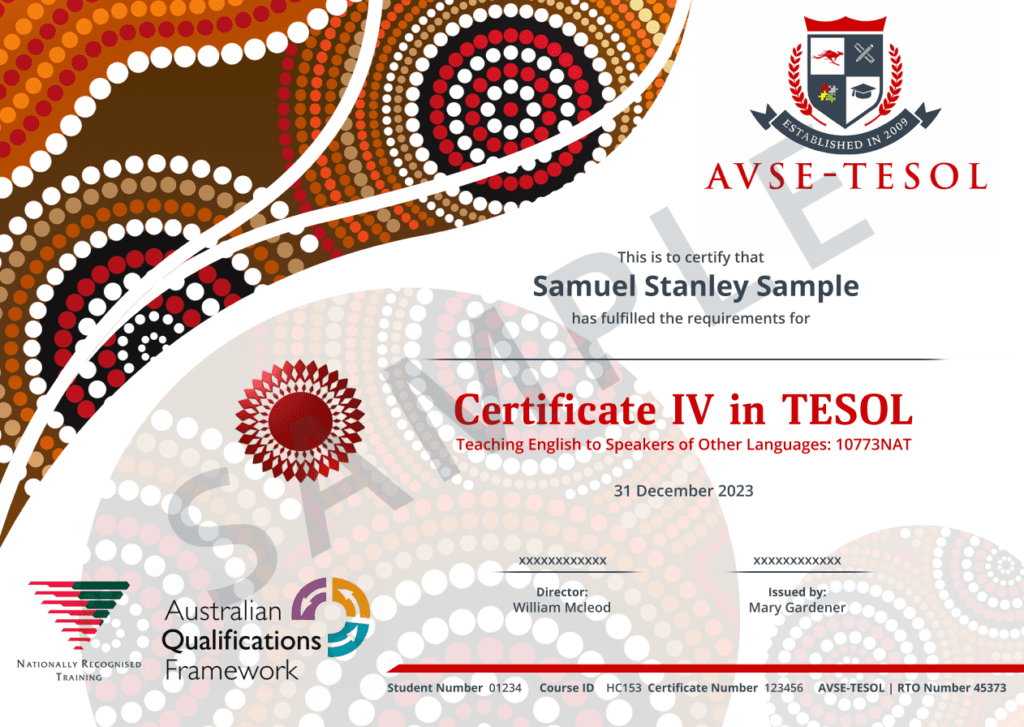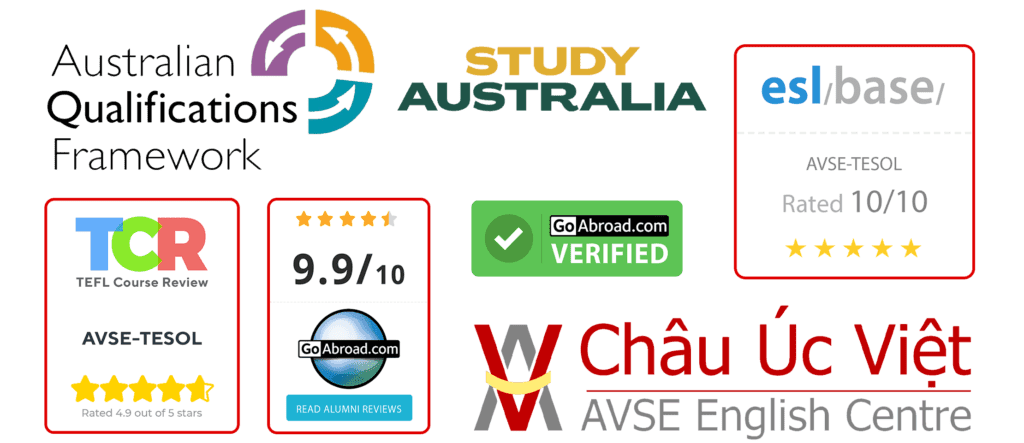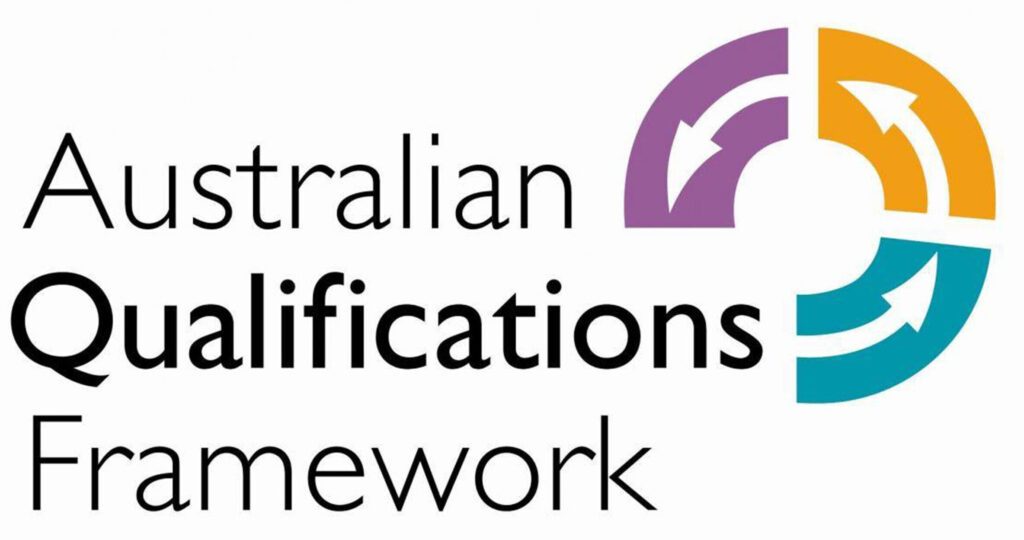Want a Top Job as a Vietnamese English Teacher?
If you’re a Vietnamese person with decent English language skills and a university degree (any discipline), now is the perfect time to start a rewarding career path as a Vietnamese English Teacher. There are well-paid teaching jobs available right now – all over the country – for local people with the necessary knowledge, skills, and qualifications to work as a Vietnamese English Teacher.
Let’s drill down on the core qualifications needed to work as a Vietnamese English Teacher. You will be pleased to know that the qualifications are pretty straightforward. There are essentially two pathways that a local person can choose from once they’ve decided to seek employment as a Vietnamese English Teacher.
Pathway One:
Complete a four-year education degree with an emphasis on teaching English as a second language (ESL). There are terrific universities in large cities and regional hubs in Vietnam that offer degree programs for those who aspire to work as a Vietnamese English Teacher. True, studying at university for four years to work as a Vietnamese English teacher is a huge personal and financial commitment. However, speak with any practicing Vietnamese English teacher, and they’ll surely tell you the sacrifices they had to make for an ESL teaching career were worth it. What other vocation in Vietnam allows you to: 1. see tangible results for your effort after a relatively short period, 2. earn triple the average salary, and 3. hold an esteemed position in the local community? I can’t think of one!
Pathway Two:
The second pathway to securing a well-paid job as a Vietnamese English teacher involves adding government-regulated TESOL, TEFL, or CELTA certification to an existing university degree that does not have an ESL teaching and learning focus. For example, let’s say that Mr Minh from Dong Thap has a Bachelor of Business Degree from Hong Bang University. Mr Minh’s degree has nothing to do with teaching ESL. If Mr Minh adds a Certificate in TESOL (Australian Government-regulated) that’s offered by AVSE-TESOL (or similar) in Ho Chi Minh City, he will meet the core requirements to work as a Vietnamese English Teacher. This second pathway is often followed by people who are looking for a new direction. Perhaps the person has a science degree, but after five years they’re over beakers, test tubes, and chemical compounds – and teaching English offers something completely different.

Conditions of employment:
Regardless of whether you follow the first or second pathway that are noted above, here are the typical conditions of employment that are available for a Vietnamese English Teacher in English Language Centres the length and breadth of Vietnam:
– 20 to 25 hours a week in class
– work mostly in the evening and over the weekend
– earn double, triple, or even quadruple the average salary in Vietnam
– paid monthly in Vietnamese Dong
– teaching young learners through adults, including exam preparation classes
– at least one full day off each week
– 12-month contract
– medical insurance
– professional development opportunities
Succinctly, taking a job as a Vietnamese English Teacher means you’ll be: 1. working sensible hours, 2. earning a top salary for a Vietnamese person, 3. in stable, ongoing employment, and 4. making a positive difference in the lives of fellow Vietnamese citizens – and the development of your country.

Prospects:
Anecdotally, the current ESL teacher workforce in Vietnam is 50% Vietnamese and 50% foreigners. The foreigner component is around 80% native English speakers from the United States, Australia, the United Kingdom, and the like, with the remaining 20% being non-native English speakers from the four corners of the world. With a booming economy and a high percentage of the population under 35 years of age, there is every reason to believe that the insatiable demand for English language skills in Vietnam will drive job opportunities for Vietnamese English language teachers for the next 20 to 30 years at least.
Based on what has occurred in other Southeast Asian countries over the past two to three decades, as Vietnam continues to develop, there will be a noticeable shift in the current 50/50 balance between local and foreign English Teachers in Vietnam – in favour of local ESL teachers. What does this mean for local people with the knowledge, skills, and qualifications to work as a Vietnamese English Teacher? Simple! It means they’ll never have to worry about finding a rewarding job that pays well by local standards. If there was a ‘Premier League’ for job opportunities in Vietnam, working as a Vietnamese English Teacher would be at the top of the ‘table, or at least very close to the top.
Next step:
AVSE-TESOL has been delivering an Australian government-accredited TESOL program in Hanoi and Ho Chi Minh City for well over a decade. The TESOL program at AVSE-TESOL in Vietnam (or online) is a terrific example of ‘Pathway Two’ that I mentioned earlier in this article. With Australian Government-accredited TESOL certification – delivered in Vietnam – you will be in a top ESL teaching job in four short weeks. Importantly, you will have the knowledge, skills, and government-regulated teaching certification that drive success in a teaching and learning environment.

Let’s have a closer look at what the Australian Government-accredited TESOL program at AVSE-TESOL in Hanoi and Ho Chi Minh City covers:
Units of Competency – Certificate IV in TESOL:
TAEDEL401: Group-based learning sessions – plan, organise and deliver
TESCUL401: Learn about cultural factors that impact ESL teaching and learning
TESPRN402: Assist ESL students with their pronunciation and speech
TESGRM403: Assist ESL students in grasping English grammar
TERES404: Find and create resources that promote learning
TESRED405: Assist ESL students in developing their reading and writing abilities
TESSPK406: Assist ESL students in developing their speaking and listening skills
TESASS407: Assess teaching and learning proficiency
TESMTH408: Understand and use a variety of TESOL methodologies.
TESTST409: Assist ESL students in preparing for various English language tests.
TESCAL410: Competently use Computer Assisted Language Learning (CALL) options in an ESL classroom
TESCHD412: Develop and implement creative strategies to engage young learners
Observation classes: You’ll observe a seasoned ESL teacher running actual ESL classes for a minimum of six hours in Vietnam, Cambodia, or elsewhere.
Teaching practice classes: Trainees do eight hours of teaching practice with actual ESL students in Vietnam, Cambodia, or elsewhere. The first six hours of teaching practice are critically assessed – and feedback is provided.

Assessment:
The Certificate IV in TESOL includes 14 modules. According to the Australian Qualifications Framework, two assessment options are available, competent’ or ‘not yet competent’. TESOL students must obtain a competent assessment in all of the fourteen modules that form the study program to be eligible for a Certificate IV in TESOL (11245NAT). Assessment tasks come in various forms – short and long answer questions, multiple choice questions, gathering teaching and learning resources, the fourteen-hour practicum (see above), and more. This study program does not include a final examination.
Time commitment:
The total time commitment is conservatively estimated at 150 hours (due to clustered assessments). Most in-class TESOL students complete the TESOL program within four weeks. Typically, our online TESOL students complete the course in eight to twelve weeks. There is no minimum timeframe to complete the study program, although there is a maximum timeframe of six months.

‘Cutting to the chase’, do the Australian Government-accredited TESOL program at AVSE-TESOL in Hanoi, Ho Chi Minh City – or online – and you’ll be in a brilliant job as a Vietnamese English Teacher in record time.
Conclusion:
There’s no doubt that pursuing a career path as a Vietnamese English Teacher is a wise move. Regardless of whether you’re a Pathway One or Pathway Two person, working as a Vietnamese English Teacher pays exceptionally well by local standards and provides a rewarding career path. You’ll never be out of a job. You’ll have ‘superstar’ status in your local community. You’ll also be making a positive difference in the lives of local people.
If you’re a Pathway One person, you should feel free to reach out to AVSE-TESOL in Hanoi and Ho Chi Minh City at any time for guidance. The friendly folks at AVSE-TESOL are always happy to share their ESL knowledge and expertise. The critical first step for Pathway Two folks is to start the Australian Government-accredited TESOL program at AVSE-TESOL in Hanoi or Ho Chi Minh City at the earliest opportunity.
About the writer: Peter Goudge is the Managing Director – and founder – of AVSE-TESOL in Australia, Vietnam and Cambodia. Originally from Australia, Peter has called Ho Chi Minh City ‘home’ for the past 17 years. Feel free to reach out to Peter directly if you have any questions about working as a Vietnamese English Teacher. Here is his email address: peter@avse.edu.vn


Recent Comments